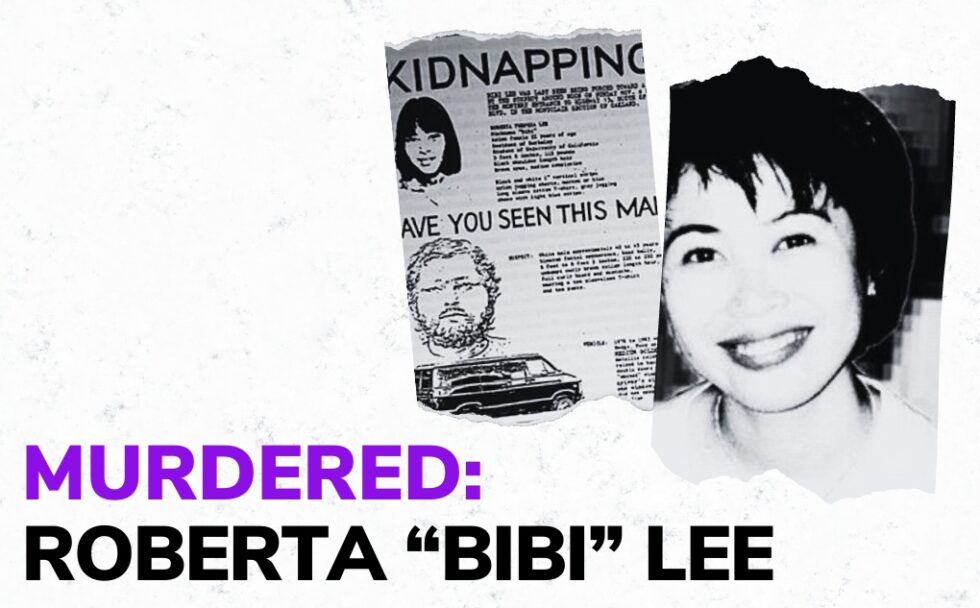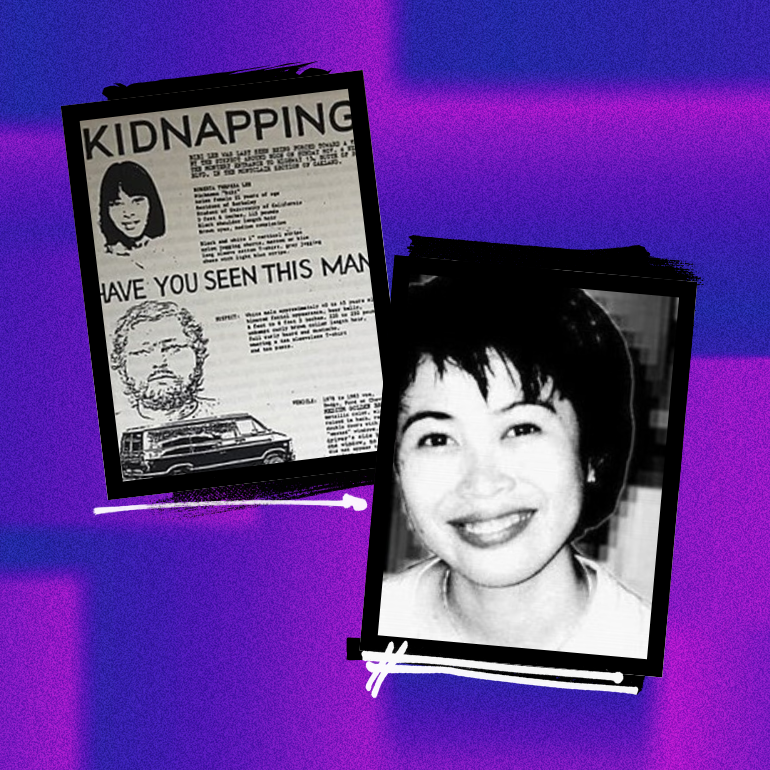Unsolved Mystery: The Murder Of Bibi Lee In The Oakland Hills
Could a morning jog in the scenic Oakland Hills truly end in a fatal encounter, a story shrouded in ambiguity and unanswered questions? The tragic case of Roberta "Bibi" Lee, a bright 21-year-old student at the University of California, Berkeley, remains a chilling testament to the complexities of truth, justice, and the enduring power of doubt.
In November 1984, the life of Bibi Lee, a vibrant member of the University Students Cooperative Association (USCA), was tragically cut short. The events surrounding her death have haunted the community and captivated the attention of true crime enthusiasts for decades. The official narrative points to her boyfriend, Bradley Nelson Page, as the perpetrator. He was tried and convicted in 1986 for her murder, but the lack of concrete physical evidence and the circumstances surrounding his confession have fostered a lingering sense of unease. The question of whether justice was truly served continues to resonate.
Bibi, as she was known to her friends, was last seen alive on November 4, 1984. She was out for a jog in Redwood Regional Park in the Oakland Hills with her boyfriend, Brad, and a friend, Robin Shaw. The idyllic setting of the park, a popular destination for runners and hikers, would soon become the backdrop for a devastating tragedy. As the trio ran, Bibi became separated from Brad and Robin. When she failed to return, a search was launched, but the initial optimism soon gave way to dread.
- Explore Franklin Green Homes For Sale Now
- Shari Faye Smith The Tragic 1985 Kidnapping Manhunt In Sc Full Story
The discovery of her body weeks later sent shockwaves through the community. Suspicion immediately fell upon Brad, and he was subsequently arrested and charged. However, the investigation was riddled with complications. The absence of definitive physical evidence, coupled with Brad's initial confession, which he later recanted, created a complex web of conflicting accounts and unanswered questions.
The case has been revisited by various media outlets, including the popular podcast "Crime Junkie," which meticulously examines the details of the murder. They delve into the circumstances, the investigation, and the trial, highlighting the inconsistencies and ambiguities that continue to fuel speculation. The case has also been the subject of in-depth analysis, including Melanie Thernstrom's senior thesis at Berkeley. Her research, later published as "The Dead Girl," provides a poignant account of Bibi's life, the devastating aftermath of her disappearance, and the emotional toll on those who knew and loved her.
The search for Bibi was a community effort, with volunteers distributing missing posters throughout the Bay Area. The initial belief was that she had been kidnapped, possibly by a man seen pulling a woman into a van, a witness account that further complicated the investigation.
- Bryan Robinson Remembering The Nfl Player His Career
- Best Iphone 13 Mini Cases Stylish Protective Options
The following table provides key biographical and personal information about Roberta "Bibi" Lee:
| Attribute | Details |
|---|---|
| Full Name | Roberta "Bibi" Lee (\u674e\u7f8e\u534e) |
| Age at Death | 21 |
| Residence | Berkeley, California |
| Education | University of California, Berkeley (Student) |
| Affiliations | University Students Cooperative Association (USCA) |
| Death Date | November 1984 |
| Cause of Death | Bludgeoning |
| Alleged Perpetrator | Bradley Nelson Page (Boyfriend) |
| Conviction | Voluntary Manslaughter |
| Related Work | Melanie Thernstrom's "The Dead Girl" |
| Reference | Search Results on Google |
The circumstances surrounding Brad's confession and the subsequent recantation are particularly troubling. His behavior, including his alleged lack of involvement in the search efforts, raised red flags. Yet, without concrete physical evidence, the case hinged largely on his statements. Thernstrom's account, drawing on her intimate knowledge of Bibi and the events, casts a harsh light on the complexities and ambiguities that continue to make the case so compelling.
On the morning of November 4, 1984, a seemingly ordinary Sunday, Brad had planned to go for a run with Bibi, Robin Shaw, and his roommate, Jeff Dlott. However, Jeff opted out. That morning's jog took place in Redwood Regional Park. During the run, Bibi separated from Brad and Robin. Her disappearance marked the beginning of a search that would quickly turn desperate. Brad's account of the separation, that Bibi had simply run off on her own, seemed to contradict the reality of the situation.
The initial investigation faced significant challenges. The lack of forensic evidence, combined with the conflicting narratives, made it difficult to piece together what had happened. The prosecution ultimately relied heavily on Brad's confession, despite his later denial and claims of coercion. The conviction of Brad for voluntary manslaughter, given the absence of hard evidence, continues to be a point of contention.
The case of Bibi Lee isn't just a story of a crime; it's a study in the fragility of trust and the enduring impact of loss. It highlights the profound emotional and psychological scars left behind for Bibi's friends, family, and the wider community, particularly Melanie Thernstrom, whose personal connection to Bibi shaped her understanding and chronicling of the case.
The legal proceedings brought forth more questions than answers. The coerced confession, the lack of physical evidence, and Brad's changing accounts all cast a shadow of doubt over the verdict. The central question remains: Did the justice system truly find the person responsible for Bibi Lee's death? The case of Bibi Lee is a stark reminder that even in the pursuit of justice, there are no easy answers. The narrative is further complicated by a witness report of a large man pulling a woman into a van, which added another layer of uncertainty to the investigation.
The case of Roberta "Bibi" Lee serves as a chilling reminder of the delicate balance between evidence and conjecture. It underscores the lasting emotional impact of violent crime, the importance of thorough investigations, and the ever-present human capacity for doubt. The legacy of Bibi Lee remains in the collective memory, prompting continuous exploration of the truth and enduring questions about the elusive nature of justice.
The case of Roberta Bibi Lee has been a focal point in discussions about justice, the flaws in the legal system, and the enduring mystery of what truly happened that day in the Oakland Hills. The story, with its twists and turns, remains a compelling example of the uncertainties that can surround a criminal case, even after a conviction. The enduring questions it raises will likely continue to resonate for years to come.
- Mary Schroeder From Judge To Trailblazer In Law Biography
- Jim Goodman From Football To Crypto Beyond Insights

Episodes Crime Junkie Podcast
MURDERED Roberta "Bibi" Lee Transcript Crime Junkie

MURDERED Roberta “Bibi” Lee Crime Junkie Podcast